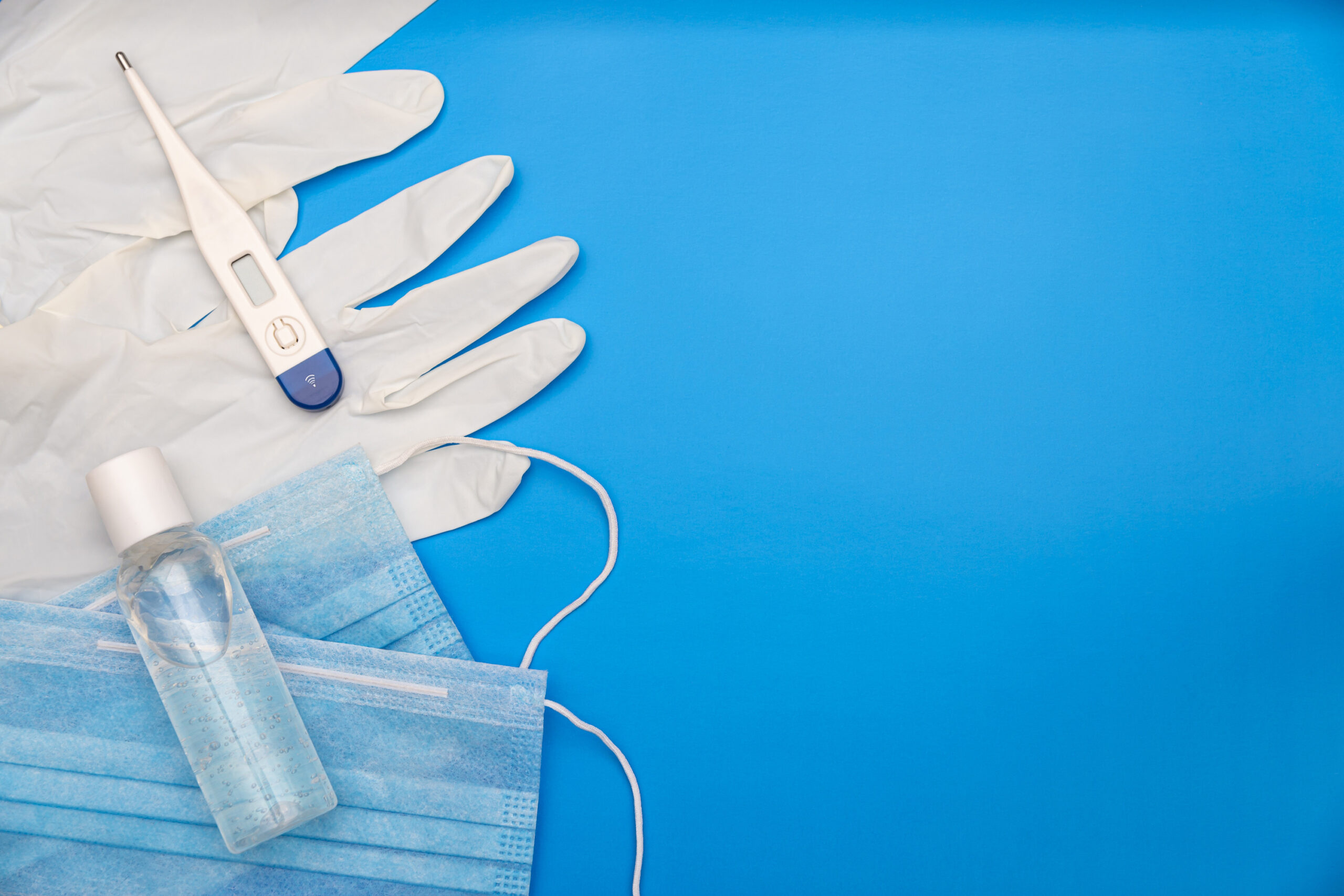The COVID-19 pandemic that struck the globe this year has drastically disrupted the state of affairs in the life sciences industry. Traditional methods of clinical data collection and trial management encountered change in mid-March as the FDA released guidance on conducting trials during the pandemic. In the guidance, the FDA emphasizes the importance of curtailing risk and further ensuring patient safety, and makes recommendations such as implementing a centralized or remote monitoring program and collecting data directly from the patient in lieu of in-person site visits. As a result, organizations have faced site closures, missed visits, or unexpected protocol deviations, requiring costly mid-study changes. Or, they’ve found themselves needing to think differently about the design of their upcoming studies, eating up valuable time and resources. The virtual approach to clinical research has quickly transitioned from an interesting concept to becoming the answer for overcoming many of these hurdles. But will virtual trials keep gaining traction beyond the pandemic?
At Crucial Data Solutions (CDS), we believe the pendulum will continue to swing toward the virtual trial as it becomes clearer that its value extends far past the pandemic circumstances. One of the most notable benefits of virtual trials is the abundant opportunity for enhancements to the patient experience, which we’ve covered in greater detail in an earlier blog post. As Americans follow instructions to stay at home, it is imperative that they continue to feel empowered to take part in clinical trials from the comfort of their homes, which then results in better study participation and improved retention rates. In fact, two out of three patients reportedly favor a clinical trial model that incorporates virtual elements, noting that they appreciate the convenience and accessibility of the mobile clinical trial model.
But the advantages of virtual trials aren’t restricted to study participants alone. Utilizing technology like TrialKit, our data collection and study management platform, allows researchers to collect higher quality data that comes directly from the source, such as real-world evidence from wearables. In conjunction with higher quality data, the virtual approach may also lead to an overall shorter study duration. Because electronic patient reported outcomes (ePRO) save to the database in real-time, researchers have quicker access to the data and as a result, gain more time for analysis. Electronic submission leads to a decrease in missing data and data errors through electronic notifications and automatic edit checks, saving significant time in the data cleansing process. These will remain lasting benefits that won’t dissipate once “normalcy” is restored to the industry – and the nation as a whole.
Since the COVID-19 pandemic was declared, we’ve seen many of our clients adapt to the changes and take advantage of TrialKit features that directly support the virtual methodology. eConsent and ePRO have taken on a greater role for organizations that continue to gather data from patients during the pandemic, enabling them to provide informed consent and complete forms and surveys on any smartphone, tablet, or web browser. By using the TrialKit platform, researchers have the ability to quickly and easily inform patients of action items or study changes via app notifications or email. Users are also taking advantage of valuable TrialKit functionalities, such as version-controlled protocol changes and real-time notifications to study managers and investigators for patient-recorded events. And, researchers can immediately access and manage the data, track study progress, and view reports from the mobile app and/or a web browser.
Over the past month, CDS has been honored to play a role in the research being conducted in light of the pandemic. TrialKit has been selected as the EDC platform for a number of COVID-19 studies: the life sciences division of a global technology company is leveraging TrialKit for one of their clinical trials, and a top five contract research organization (CRO) is also preparing to build, deploy, and manage coronavirus studies on the platform.
Additionally, CDS is in collaboration with several organizations, including a major academic healthcare institution, a leading CRO, and technology and service vendors to manage a registry program that will collect symptoms and medical information from frontline healthcare workers and COVID-19 patients. The goal of the program is to help the healthcare system gain a better understanding of the virus and improve treatment options by providing the infrastructure needed to gather and manage data from individuals impacted by COVID-19.
As the lack of real-world data currently available on coronavirus cases continues to be detrimental to discovering solutions, CDS strives to support research professionals in their pursuit of developing effective tests, treatments, and vaccines by equipping them with the technology they need to efficiently collect and analyze large volumes of data. Advancing research is a collective effort, today and every day.
If you have any questions about how TrialKit can aid in conducting research remotely during this time, please don’t hesitate to contact us.




